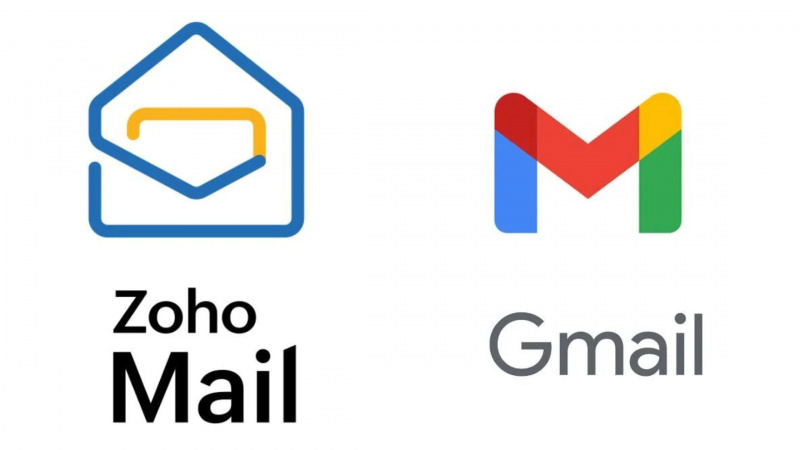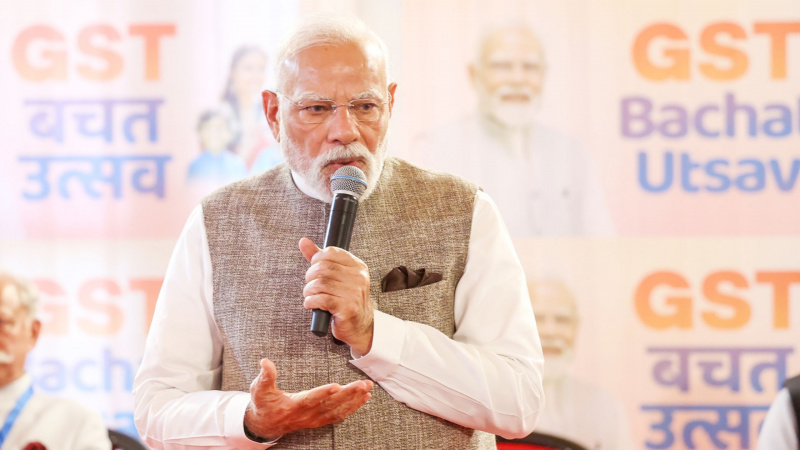The meaningful change - IoT Ecosystem in India
As per the statistics available, IoT industry is expected to reach a market size of $14.4 trillion market by 2022. Though IoT was always there, it has recently
- by B2B Desk 2016-12-16 09:34:23
Today we have witnessed Internet and technology moving way beyond our mobiles, laptops and desktops. We have smart watches, smart glasses, smart infrastructure, wearable technology, etc. The data available on the internet toady is a result of the typing, recording, digital pictures, scanning, etc which was captured and created by human beings. As per the dictionary definition ‘The Internet of Things (IoT)’ is a system of interrelated computing devices, mechanical and digital machines, objects, animals or people that are provided with unique identifiers and the ability to transfer data over a network without requiring human-to-human or human-to-computer interaction.
As per the statistics available, IoT industry is expected to reach a market size of $14.4 trillion market by 2022. Though IoT was always there, it has recently evolved as a wave of the next industrial revolution. Becoming a part of consumers, businesses as well as the government; IoT has revolutionised the way the industries run. Touching almost all the sectors starting from manufacturing, retail, automobiles, healthcare, agriculture, infrastructure, education, consumer electronics, home automation applications, energy and so on it is also called as the next big wave in India. A lot of industry experts at various forums have shared on how it is impacting various industries in India. Some have shared that the industrial and asset tracking sees the real implementation on a large scale in the current scenario. Smart cities & building/home automation applications are gaining huge traction too. For both industrial & asset tracking, the sectors have been adopting integration of sensor based electronics and information technologies (cloud, apps, analytics, etc). While some feel that the manufacturing, retail and healthcare are the major sectors that have seen its use, others suggest that IoT can be utilized for metering and measurements. Let’s briefly have a look at how IoT is bringing the change:
Agricultural Space: IoT combined with big data provides efficient use of inputs like soil, fertilizers and pesticides, monitoring the livestock, predicting diseases, storage capacities like water tanks, and making sure that the crops are fed and watered well. It will also help in addressing issues such as irrigation, productivity, soil, air quality, water levels, etc. and thus help farmers in making a more informed decision about planting and harvesting crops, thereby increasing the overall yield of the crops. Companies like Libelium, Zenatix, etc. are making efforts in this direction.
Infrastructure: IoT devices and solutions are being incorporated in infrastructures to reduce costs and improve the quality of the buildings. They will provide facilities like reserving the parking spaces in advance, quick location of parking spaces, assured water and electricity supply, sanitation and solid waste management, efficient urban mobility and public transport, robust IT connectivity, e-governance, grievance redressal, electronic service delivery, smart meters & management, monitoring water quality, renewable source of energy, efficient energy and green building, smart parking, intelligent traffic management system etc.
Healthcare sector: In the next five years a massive increase in IoT for health care is expected both on the clinical side as well as on the back end. IoT in inventory management, workflow optimization, medical device integration, data handling and management, wearable and connected devices, remote patient monitoring, clinical trial applications, etc are some ways in which IoT will revolutionize the healthcare space.
Thus the IoT solutions hold a tremendous scope and technology penetration into different sectors will lead to specialized solutions for each sector. With so many advantages, IoT has some challenges as well. Challenges like privacy and security of information, Internet penetration and connectivity, lack of skilled workforce to adopt and implement new technologies, regulatory and development issues, etc. make implementation of IoT a little complex in India. But one thing is sure, the future lies in IoT. As a nation, it depends on us, on how efficiently and quickly we manage to adapt and shape our future.
POPULAR POSTS
The Agentic Revolution: Why Salesforce Is Betting Its Future on AI Agents
by Shan, 2025-11-05 10:29:23
OpenAI Offers ChatGPT Go Free in India: What’s Behind This Big AI Giveaway?
by Shan, 2025-10-28 12:19:11
Zoho Products: Complete List, Launch Years, and What Each One Does
by Shan, 2025-10-13 12:11:43
Arattai vs WhatsApp: Which Messaging App Should You Choose in 2025?
by Shan, 2025-10-10 11:55:06
Top Buy Now Pay Later (BNPL) Apps for Easy Shopping in 2025
by Shan, 2025-09-22 10:56:23
iPhone 17 Sale in India Begins: Full Price List, Launch Offers and Store Availability
by Shan, 2025-09-19 12:00:45
Apple September 2025 Event Recap: iPhone 17, iPhone Air, Apple Watch Series 11, and India Pricing Revealed
by Shan, 2025-09-10 09:55:45
RECENTLY PUBLISHED

Loan EMIs to Drop as RBI Slashes Repo Rate - Full MPC December 2025 Highlights
- by Shan, 2025-12-05 11:49:44

Pine Labs IPO 2025: Listing Date, Grey Market Premium, and Expert Outlook
- by Shan, 2025-11-05 09:57:07

Top 10 Insurance Companies in India 2026: Life, Health, and General Insurance Leaders Explained
- by Shan, 2025-10-30 10:06:42

Best Silver Investment Platforms for 2025: From CFDs to Digital Vaults Explained
- by Shan, 2025-10-23 12:22:46

Zoho Mail vs Gmail (2025): Which Email Platform Is Best for Businesses, Startups, and Students?
- by Shan, 2025-10-09 12:17:26

PM Modi Launches GST Bachat Utsav: Lower Taxes, More Savings for Every Indian Household
- by Shan, 2025-09-24 12:20:59




 Subscribe now
Subscribe now 